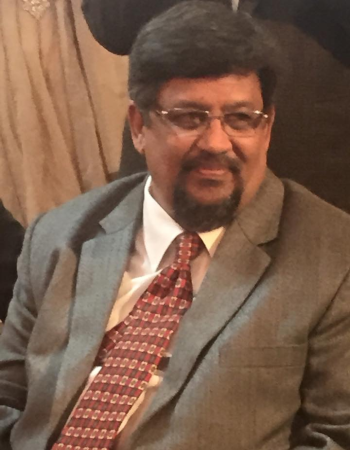Advanced Oxidation Processes and Their Applications
Management of Wastewater and Sludge including Micropollutants–New Approaches
As a result of rising industrialization, wastewater production has increased dramatically,
necessitating effective treatment to safeguard ground and surface water
pollution (Khan et al., 2015). On the other hand, the heightened demand for water
reclamation and reuse requires innovative treatment techniques. Besides, the stringent
discharge standards further enhance the requirement for advanced treatment
options. The ineffective treatment creates many problems for the environment and
pollutes the water bodies, which is problematic for aquatic life and public health
(Mahtab et al., 2021). In recent years, trace organic compounds (TOrCs) have been
reported in the aquatic environment, including pharmaceuticals, consumer items,
and industrial chemicals (Khan et al., 2021). Aside from urban and agricultural
run-offs, wastewater treatment plant effluents are thought to be the largest source of
TOrC emissions (Gros et al., 2010; Luo et al., 2014). Because conventional physical
and biological wastewater treatment can only partially remove TOrCs, they remain
in wastewater treatment plant effluents released into surface waters (Luo et al., 2014).
As a result, environmentalists and researchers are concerned about their suitable
treatment. Advanced oxidation processes (AOPs) are considered highly effective and
viable choices for the degradation and removal of a wide range of contaminants and
TOrCs in these situations (Comninellis et al., 2008; Klavarioti et al., 2009; Yang
et al., 2014; Stefan, 2018; Hussain et al., 2020; Hussain et al., 2021).
AOPs form powerful oxidants in situ to oxidize organic compounds (Huang
et al., 1993; Hussain et al., 2020). These include processes that use OHradicals (●OH),
which account for most AOPs, and those that use other oxidizing species, such as
sulfate or chlorine radicals. Figure 5.1 depicts various oxidizing agents. Hydroxyl
radical-based treatments have multiple advantages, as widely documented in earlier
research. The hydroxyl radicals (●OH) are the principal reactive species in AOPs, and
Figure 5.2 depicts several favorable characteristics of the hydroxyl radicals (●OH).
A comprehensive analysis of AOPs regarding running costs, sustainability, and
general viability make selecting the most appropriate treatment techniques among
AOPs challenging. Several AOPs are well-established and in full-scale operation in
drinking water treatment and water reuse facilities, notably those involving ozonation
and UV irradiation. Various researchers are constantly presenting innovative
investigations of a range of evolving AOPs for water treatment (for example, electrochemical
AOPs, plasma, electron beam, ultrasound, or microwave-bas

It is necessary to pretreat waste-activated sludge (WAS) to disintegrate the sludge matrix and amend its anaerobic digestion (AD) with carbon-based materials (CMs) to accelerate direct…

As a result of rising industrialization, wastewater production has increased dramatically,
necessitating effective treatment to safeguard ground and surface water
pollution (Khan et…

The pinnacle of all the efforts of nutrient removal is practically put-down the moment biological cells are lysed,
hydrolyzed or digested causing subsequent reappearance of assimilated…

